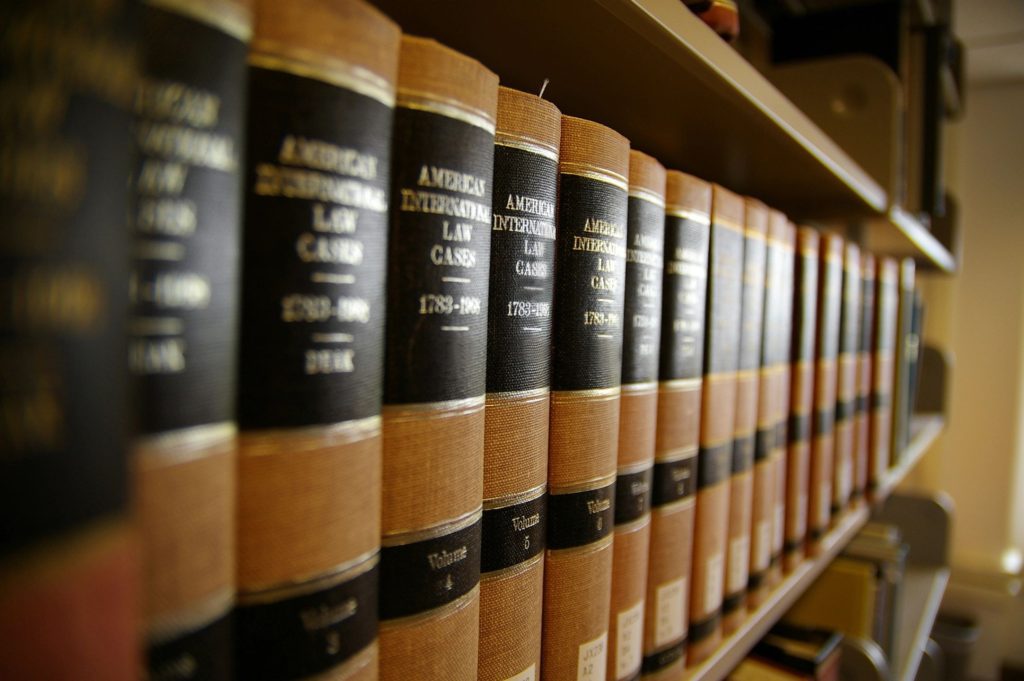
[By Nguyen Quang Minh Hoang]
What is an executor?
The will maker can appoint one person alone or several people together to act as the executor of their estate. In broad terms the executor is responsible for carrying out the will maker’s intentions as described in the will. Sometimes that is a very simple task. On other occasions there are many, possibly difficult, things you need to do, such as:
- Locating the will and identifying the beneficiaries.
- Arranging the funeral.
- Applying for a grant of probate (from the court).
- Managing assets and paying estate debts.
- Lodging estate tax returns.
- Distributing assets to beneficiaries.
- To communicate with beneficiaries regarding timing and amount of distributions as well as any likely delays.
- Act as the defendant in litigation if the will is challenged.
So you can see the will executor role is part legal, part accounting and part trusted friend. In addition to the things you must do as a will executor there are also obligations (called duties) you must also comply with if a will is challenged. The principal duties as they apply to Executors in New South Wales are explained below.
The Duty to Distribute the Estate Assets
Courts expect an executor to distribute the estate assets without undue delay. The exception is if there is a possible claim disputing the will.
If you receive notice from a claimant that a claim against the estate will be made you should not distribute the estate. There may be an expectation from the beneficiaries to pay to them their entitlement without delay but you should resist the temptation or pressure to do so. The reason the estate should not be distributed after notice is quite clear. If the claim is upheld by the Court and there are no assets left the orders of the Court may be frustrated. You may be personally liable as the executor for any shortfall [1]. An executor can distribute the estate if he or she complies with the time limits and written notice requirements of s 93 of the (NSW) Succession Act 2006.
There are circumstances in which it will be appropriate to make distributions even when a claim has been notified. The wise course would be to only attempt to do so after you have taken legal advice.
The Duty to Uphold the Will
Your primary duty as a will executor is to uphold the will. That means to distribute the estate to the nominated beneficiaries in accordance with the wishes of the will maker. In seeking to uphold the will an executor will be expected to put before the court (in affidavit form) all relevant material.
Nevertheless, a will executor is required to consider all claims pragmatically. So if a claimant has been left out of the will who it appears should have been looked after (for instance a dutiful long term wife) then the executor should not be too aggressive or high minded in opposing the application. To do so avoids wasting time and incurring legal costs.
The Duty to Assist the Court
The executor has a duty to assist the Court. To satisfy this requirement the executor must put before the court information which is relevant to determining the value of the estate [2] (including both assets and liabilities), the name and address of persons who may be eligible claimants and the financial circumstances and needs of the beneficiaries.
The duty not to distribute the estate is also part of the duty to assist the Court.
Duty Regarding Legal Representation for Beneficiaries
Should beneficiaries be provided with separate legally representation by the executor? The answer, as a general rule, is “no” [3]. The exception to that position is if an executor is also a beneficiary and wishes to apply for further provision or where very large bequests have been made to beneficiaries.
Conclusion
Being an executor is an important and trusted role. The wise approach is to be courteous and restrained in exercising the powers of an executor. It may seem complex or intimidating to fulfill the task but you need not be overwhelmed. With the assistance of competent legal advice it is a task that should be able to be completed without too many sleepless nights. Good luck.
[1]Carstrom v Boesen[2004] NSWSC 1109 at [12].
[2]Supreme Court Practice Note SC Eq 7 Cl 7.
[3]Vasilijev v Public Trustee [1974] 2 NSWLR 497.
Article Source: Your Duties As a Will Executor